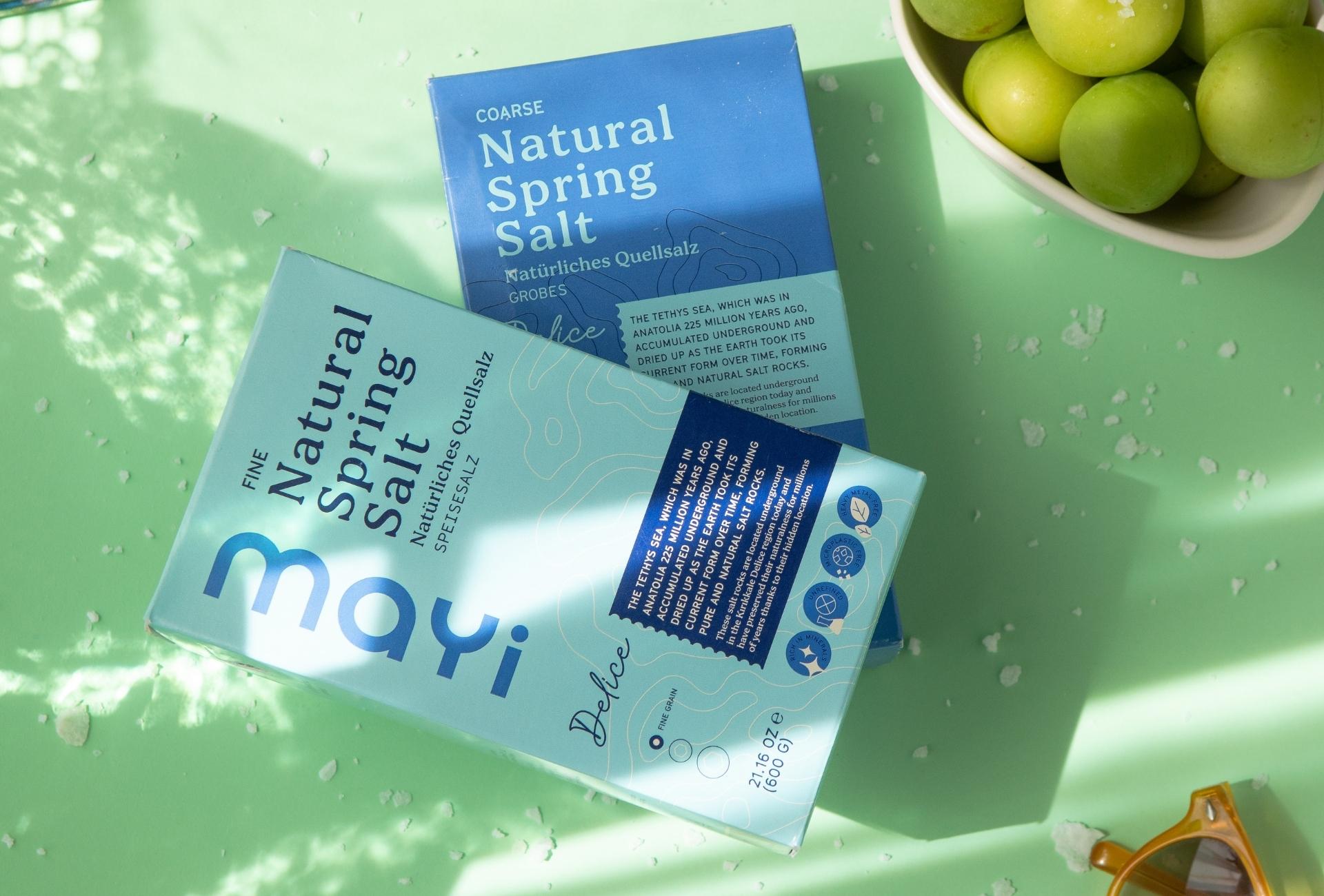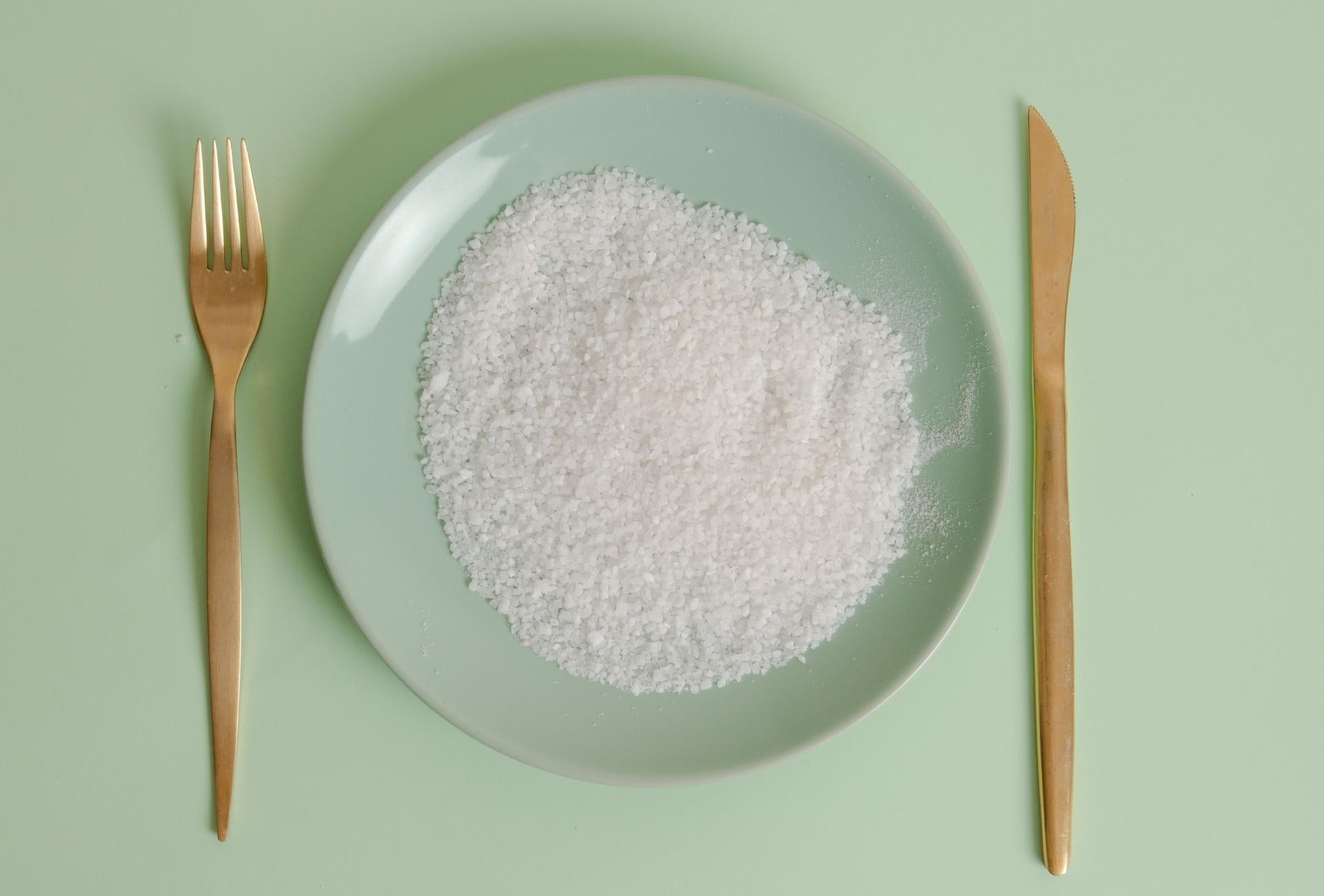Seasoned salt is a versatile blend of salt and various herbs, spices, and flavorings. It is commonly used to enhance the taste of a wide range of dishes, from meats and vegetables to snacks and salads. The specific mix of ingredients can vary widely, allowing for customized flavor profiles that suit different culinary needs. Seasoned salt is a staple in many kitchens due to its convenience and the depth of flavor it adds to foods.
What is Seasoned Salt?
Seasoned salt is essentially regular salt that has been mixed with other flavorful ingredients like garlic powder, onion powder, paprika, and various herbs. This blend is designed to offer a more complex and rich flavor compared to plain salt. The ingredients used in seasoned salt can vary greatly, allowing for endless customization to suit personal taste preferences or specific culinary uses.
The versatility of seasoned salt makes it a popular choice for both professional chefs and home cooks. It can be used to quickly season meats, vegetables, and other dishes without needing to measure and mix multiple spices. This convenience, combined with its ability to enhance the taste of a wide variety of foods, makes seasoned salt an essential item in many kitchens.
How to Use Seasoned Salt?
Seasoned salt is incredibly easy to use and can enhance the flavor of numerous dishes. Simply sprinkle it over foods before cooking to infuse them with a burst of flavor. It's particularly effective on meats, where it can be rubbed into the surface before grilling, roasting, or frying. Vegetables also benefit from a light dusting of seasoned salt, whether they are steamed, roasted, or sautéed.
- Meats: Use seasoned salt as a dry rub for grilling or roasting.
- Vegetables: Sprinkle over steamed or roasted vegetables for added flavor.
- Snacks: Enhance the taste of popcorn, fries, or nuts with a light dusting.
- Salads: Add to dressings or directly onto fresh vegetables for extra zest.
How is Seasoned Salt Used in American Cuisine?
In American cuisine, seasoned salt is a versatile ingredient that can be found in many traditional and contemporary dishes. It is often used in barbecue rubs, giving meats a flavorful crust. Fast food chains also commonly use seasoned salt to enhance the taste of fries and other snacks. Additionally, it is a popular choice for seasoning homemade dishes like roasted chicken, mashed potatoes, and grilled vegetables.
What are the Types of Seasoned Salt?
There are numerous types of seasoned salt, each tailored to different culinary uses and flavor preferences. Some popular varieties include garlic salt, onion salt, and celery salt. These are typically made by blending regular salt with a specific herb or spice, creating a targeted flavor profile. Other more complex blends, like Cajun seasoning or lemon pepper salt, include a mix of multiple spices and herbs to create a unique taste experience.
- Garlic Salt: Salt mixed with garlic powder.
- Onion Salt: Salt blended with onion powder.
- Celery Salt: Salt combined with ground celery seeds.
- Cajun Seasoning: A mix of salt, paprika, cayenne pepper, and other spices.
- Lemon Pepper Salt: Salt blended with lemon zest and black pepper.
How to Choose Ingredients for Seasoned Salt?
Choosing the right ingredients for seasoned salt depends on the desired flavor profile and culinary use. Start with a high-quality base salt, such as sea salt or kosher salt. Then, add complementary spices and herbs. Common additions include garlic powder, onion powder, paprika, and black pepper. For a more unique blend, consider adding dried herbs like thyme, rosemary, or oregano. Always use fresh, high-quality spices to ensure the best flavor.
Experiment with different combinations to create a signature blend that suits your taste. Consider the dish you are seasoning and the flavors that will complement it. For example, a blend for meats might include smoked paprika and cumin, while a blend for vegetables could feature dill and lemon zest.
What is the Nutritional Value of Seasoned Salt?
The nutritional value of seasoned salt varies depending on the ingredients used in the blend. Generally, seasoned salt contains sodium, which is essential for various bodily functions but should be consumed in moderation. Additional nutrients come from the spices and herbs included in the mix, such as vitamins, minerals, and antioxidants. However, these amounts are typically small compared to the overall sodium content.

How Long Does Seasoned Salt Last When Stored Correctly?
When stored correctly, seasoned salt can last for an extended period without losing its flavor. Keep it in an airtight container in a cool, dark place to preserve its freshness. Most seasoned salt blends will remain potent for up to one year. However, over time, the spices and herbs may lose some of their intensity. To ensure the best flavor, use the seasoned salt within six months of preparation or purchase.
Which Recipes Can Be Made with Seasoned Salt?
Seasoned salt is a versatile ingredient that can be used in a wide range of recipes:
- Roasted Chicken: Rub seasoned salt over the chicken before roasting for a flavorful crust.
- Grilled Vegetables: Toss vegetables in olive oil and seasoned salt before grilling.
- Mashed Potatoes: Mix seasoned salt into mashed potatoes for added depth of flavor.
- Popcorn: Sprinkle seasoned salt over freshly popped popcorn for a tasty snack.
- Steak: Use as a rub for steaks to enhance their natural flavors before grilling or frying.
Experiment with seasoned salt in your favorite recipes to discover new and exciting flavor combinations.




